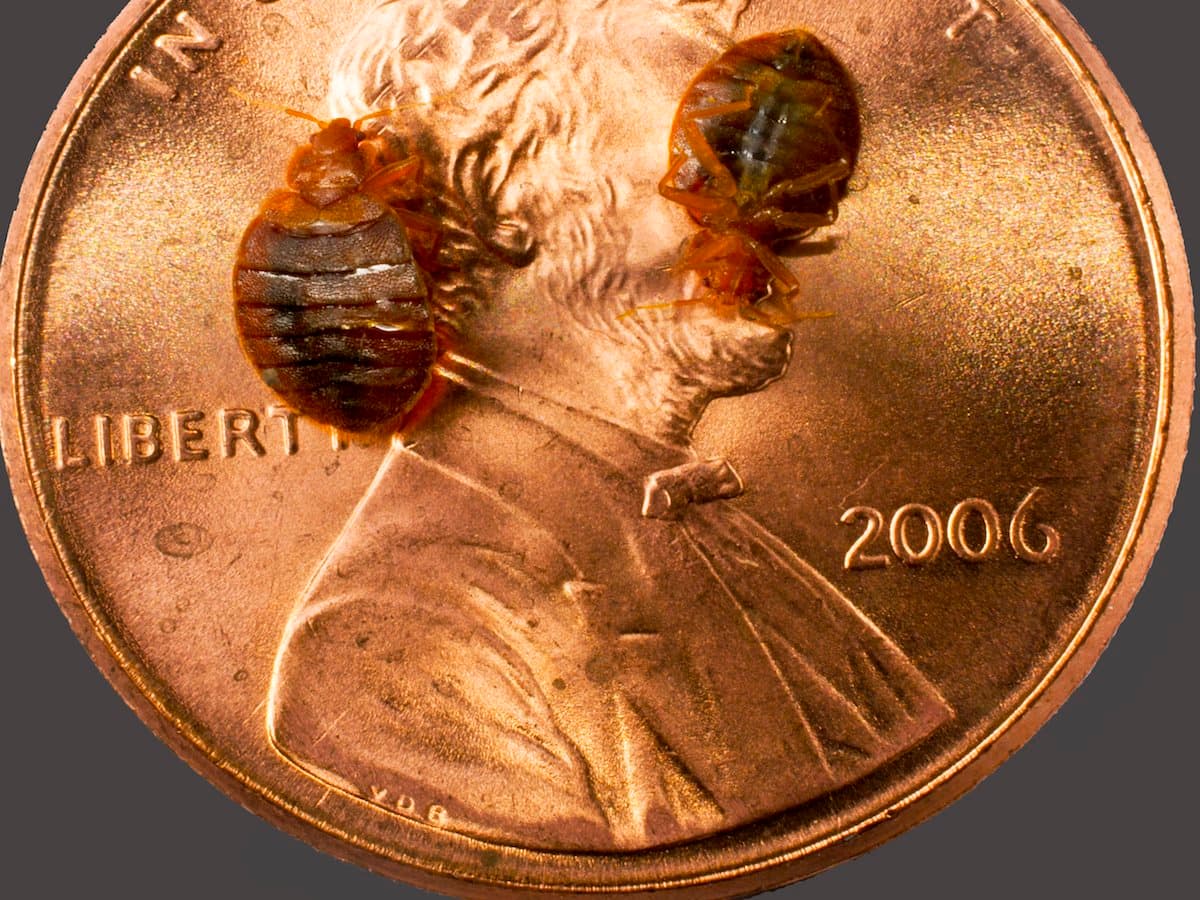Recognizing the Lifecycle of Insects for Targeted Control Methods
Recognizing the lifecycle of pests is a basic element of effective bug management approaches. With a much deeper understanding of how bugs evolve and prosper, tailored control approaches can be created to deal with specific factors in their lifecycle, inevitably leading to even more effective pest administration results.
Importance of Recognizing Pest Lifecycle
Recognizing the lifecycle of parasites is necessary for developing effective and targeted control techniques in pest monitoring. By understanding the numerous stages a pest goes via from egg to grownup, insect control professionals can recognize susceptible factors in the lifecycle where intervention can be most successful.
In addition, identifying the specific ecological conditions needed for every stage of the parasite's lifecycle can guide decisions on environment adjustment or exclusion techniques to disrupt the lifecycle and decrease pest populations. This expertise makes it possible for pest administration specialists to carry out proactive measures instead than counting entirely on responsive treatments, bring about even more lasting and long-lasting pest control remedies. Inevitably, a comprehensive understanding of bug lifecycles empowers parasite control professionals to customize their techniques properly, lessening environmental influences and taking full advantage of control end results.
Trick Stages in Bug Growth
To effectively carry out targeted control strategies in insect administration, a crucial aspect exists in adequately determining and understanding the crucial phases in pest growth. Pest development commonly is composed of a number of crucial stages that are important for their lifecycle and monitoring.

Susceptabilities in Pest Lifecycle
Throughout the different stages of a bug's lifecycle, distinctive susceptabilities arise that can be purposefully targeted for reliable control steps (A1 Bed bug Exterminator houston). One important vulnerability lies in the egg phase, where bugs are commonly a lot more prone to certain pesticides or biological control agents due to their soft external covering, making them easier targets for intervention. Understanding these susceptabilities in the pest lifecycle is important for creating exact and efficient control strategies that properly take care of parasite populations while reducing ecological influence.
Implementing Targeted Control Measures

Carrying out targeted control actions usually includes a multi-faceted method. This may consist of habitat modification to make the environment much less hospitable to bugs, such as getting rid of standing water for mosquito control or sealing access factors for rats. Additionally, organic control techniques can be made use of, where all-natural killers or pathogens are presented to maintain insect populaces in check.
Integrated Parasite Monitoring (IPM) strategies that combine numerous control measures in a collaborated and lasting manner are frequently the most efficient in accomplishing long-lasting insect management objectives. By executing targeted control procedures based on an extensive understanding of parasite lifecycles, pest populaces can be successfully regulated while decreasing threats to webpage human health and wellness and the environment.
Improved Bug Management Practices

Additionally, the unification of organic control agents, such as natural predators or pathogens of pests, can aid lower dependence on chemical pesticides and promote a more well balanced ecosystem. Applying physical barriers and catches can likewise become part of boosted bug administration practices, offering non-toxic and targeted services for insect control. In addition, using scents and various other semiochemicals can interfere with pest mating patterns and interaction, causing reduced insect populaces over time.
Verdict
By identifying key stages in bug advancement and vulnerabilities in their lifecycle, targeted control procedures can be executed to reduce insect populaces. Improved pest administration practices can help minimize the dependence on broad-spectrum pesticides and promote even more eco friendly and sustainable bug control methods.
Understanding the lifecycle of insects is vital for creating reliable and targeted control methods in parasite management. By comprehending the different phases a bug goes via from egg to grownup, this parasite control professionals can determine at risk points in the lifecycle where treatment can be most successful. Eventually, a thorough understanding of insect lifecycles encourages pest see page control professionals to customize their methods effectively, making the most of and reducing environmental influences control results.
By applying targeted control procedures based on a detailed understanding of parasite lifecycles, pest populations can be successfully controlled while decreasing threats to human health and wellness and the environment.
By determining crucial phases in parasite development and susceptabilities in their lifecycle, targeted control measures can be executed to decrease parasite populations.